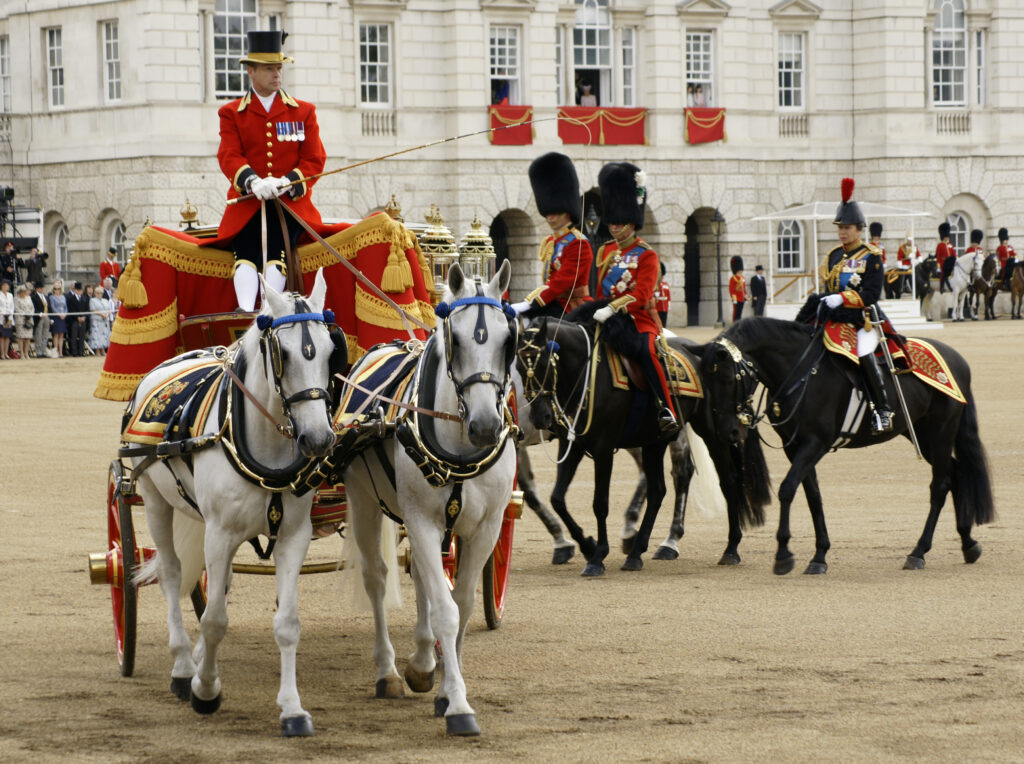February 10, 2005, marked a momentous event in British Royal Family history with the official announcement of Charles, the Prince of Wales’ engagement to Camilla Parker Bowles. Here’s what you need to know about this iconic event and how it impacted public opinion on the royal family.
Background of Charles & Camilla
Before Charles, the eldest son of Queen Elizabeth II and Prince Philip Duke Edinburgh, married Princess Diana, he had his eyes set on Camilla. The two were introduced in the 1970s and hit it off immediately. After dating for a short period of time, the two eventually broke it off, and each married another.
However, reports of infidelity arose as phone recordings leaked of Charles and Camilla chatting before bed. Eventually, both divorced their partners and avoided the public eye for some time.
Long after Princess Diana’s death, Charles openly pursued his relationship with Camilla. The two spent several years courting due to public hesitation about the couple.
Official Announcement
On February 10, 2005, Buckingham Palace officially announced the engagement between the two – an event which could not help but cause a sensation within the country and around the world alike! This event quickly became the most publicized hottest news topic around as both citizens and media outlets weighed in on every aspect of this monumental decision.
Change In Perception
Before such a declaration was made, there had been much trepidation in recognizing their relationship due to its controversial nature. However, thanks to the strong feelings shared by the couple, public opinions began to change drastically almost overnight. Multiple polls conducted shortly afterward showed rising approval ratings amongst those surveyed regarding the union – something which continues to remain relatively high today after just over 15 years since the announcement was made.
How Did It Impact The Monarchy?
The announcement was not only seen as validation for various social movements occurring at the time (such as acceptance of divorce amongst higher society) but also allowed the monarchy to regain positive footing within the public eye yet again, reinforcing its long-held status amongst citizens despite tumultuous events earlier in the 21st century. Such development enabled the government to continue holding onto its influence even today – something which will likely remain unchanged for many years to come due to deep bonds forged through these decisions.

